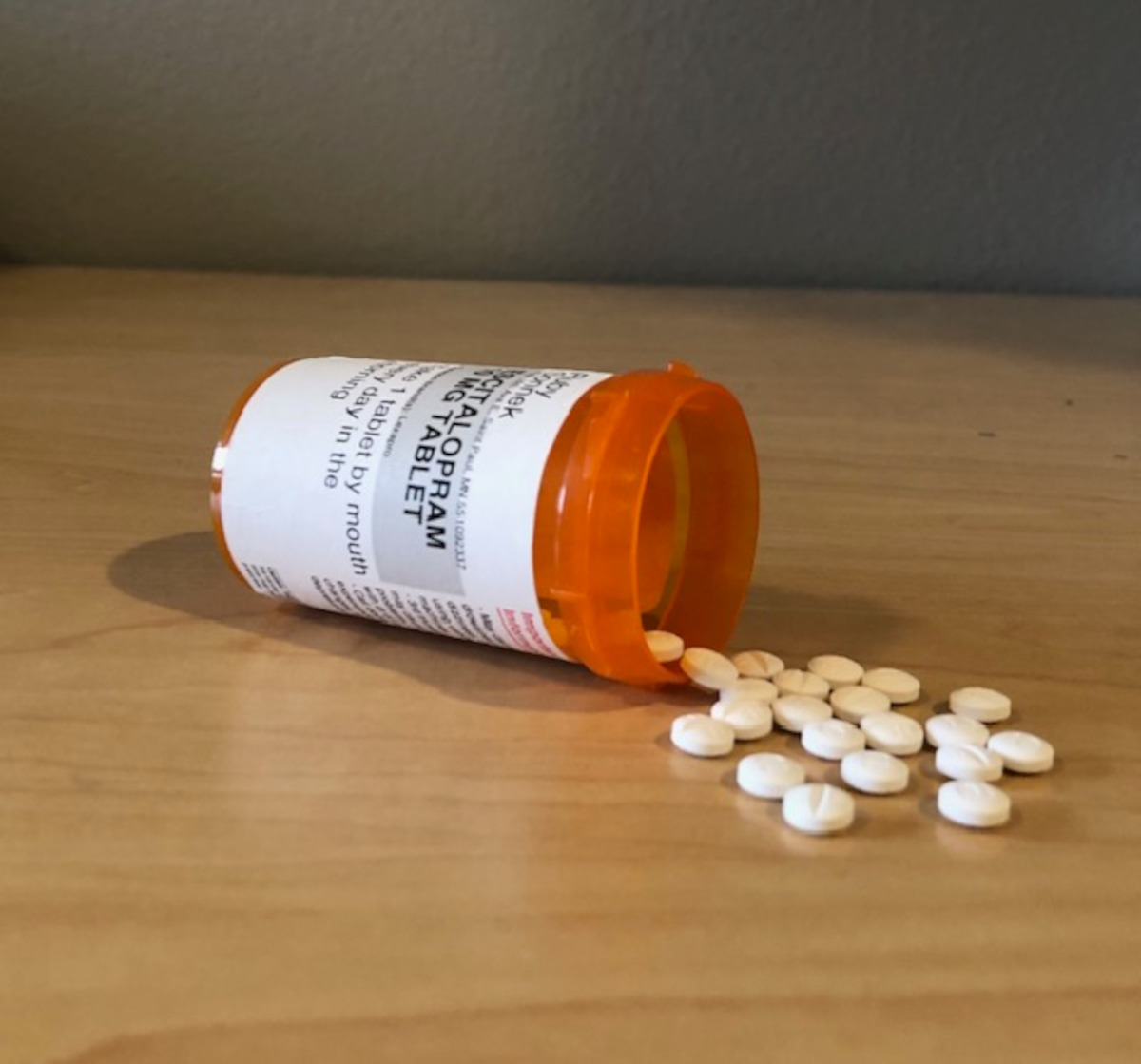In March, Congress passed the National Heath Care bill. This means that the health care conversation is over, right? Unfortunately, no, it’s not.
Whether you support the bill or not, we are far from being out of the woods. While we have reformed the way that we pay for health care in America and who is eligible, we are not necessarily healthier: we are still faced with a growing obesity epidemic and the rise of chronic diseases.
According to the Center for Disease Control and Prevention, a majority of deaths in the U. S. are linked to chronic diseases and approximately one-in-three adults are overweight. Not only are these conditions costly to treat, they also have exterior negative impacts on our economy: a diagnosis of either will most certainly diminish one’s ability to work. While there are many ways to address this issue, I’m going to focus on one specific area of concern: the corn industry.
Over the past 50 years, the science of agriculture has increased productivity of corn farming by leaps and bounds. This led to large harvests that greatly oversaturated the market with corn, driving down the price to a point where corn farmers could not sell enough to make a living from their profession.
Our Congress responded with a “farm bill,” a measure which has subsidized corn and soybean production in order to increase crop yield while continuing to protect the interests of farmers.
These subsidies allow farmers to continue to produce corn beyond the point that it is cost effective, while still reaping similar and sometimes greater benefits than if they were producing for market demand. This in itself isn’t so bad, right? Everyone loves to eat corn on the cob, and it’s only American to support our farmers.
However, with the advent of high fructose corn syrup as a go-to ingredient for our food and the artificially low price of corn, it’s affecting our health.
The reason that high fructose corn syrup is bad for you goes beyond simple nutritional content. While nutritionists have argued that high fructose corn syrup has the same biochemical make-up and thereby the same nutritional value as other sweeteners, the problem lies in how it is put together. High fructose corn syrup has been a part of the human diet for less than 30 years, and the simple fact is that our bodies don’t really know how to react to it.
Just one example of this phenomenon is that high fructose corn syrup doesn’t trigger chemical messages of fullness once you’ve eaten enough. This fullness effect is characteristic of natural sweeteners, and is instrumental in preventing overeating.
For this reason, among others, high fructose corn syrup has been cited as a significant factor in both chronic diseases and obesity. Not only this, but high fructose corn syrup is not necessary in the food we eat – it seems that the only thing in the favor of high fructose corn syrup is that it’s cheap and plentiful.
While some may point to this being a question of individual lifestyle choices beyond the realm of public policy, it is simply too costly to ignore. How healthy we are as a nation dictates how much we need to spend on health procedures and the worse our health is, the more that we need to spend. I believe that it’s clear that the rate we are subsidizing corn is not just unnecessary, it’s unhealthy for our economy and for our population.
In order to solve this, it is going to be necessary to cut the subsidies in question. This doesn’t mean that aid to farms needs to be reduced. Much of this money could still be used for agricultural subsidies – to lower the price of produce, or to subsidize other food on the basis of heath quality.
How this would be determined would be up to debate, but assuming we can come to some agreement on what is healthy, this would provide incentive for farms and companies to produce healthier food. Likewise, the cheaper price of healthier food will give consumers incentive to choose them over the more expensive unsubsidized junk food options. Perhaps it will raise the price of soda and hamburgers, but if you think about it, maybe that’s not such a bad thing.
Putman is a sophomore economics major and guest columnist for The Spectator.






